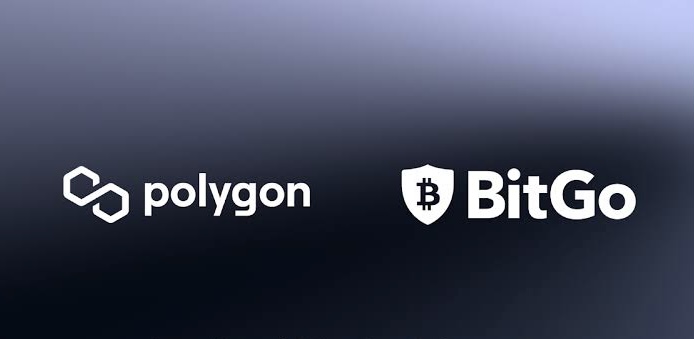The partnership will provide MATIC holders access to a variety of additional features and services in complement to the Delhi Hardfork’s improved scalability and reduced transaction fees on the Polygon network.

BitGo, a leading crypto custody platform, has announced its support for Polygon, a decentralized Ethereum-based scaling platform. According to Chen Fang, the COO of BitGo, the partnership will provide investors with a safer way to custody their assets and give platforms the tools they need to build the future.
One of the main reasons for BitGo’s decision to support Polygon is its benefits such as fast speed, low gas fees, and commitment to carbon neutrality. Polygon’s network also offers higher security and scalability, which is important for BitGo as it handles over 20% of all Bitcoin transactions and supports more than 300 blockchain-based digital assets.
In December 2022, Polygon released Bor – v0.3.1-Mumbai, a hard fork known as the Delhi Fork. The hard fork aims to reduce transaction costs on the Polygon network by mitigating problematic price spikes.
The development team estimates that the base fee will be tentatively reduced to 6.25% post-hard fork implementation, down from 12.5%. Additionally, the hard fork will improve chain reorganizations on the network.

The Delhi hard fork was rolled out on January 13th, and by January 18th, all Polygon validators had executed the upgrade. Furthermore, holders with over 3.5 billion MATIC tokens validated the upgraded blockchain version.
However, the Delhi hard fork has come under controversy because only 15 validators participated in the voting process. This has raised concerns about the decentralization of the Polygon network and the role of validators in the decision-making process.
Despite the controversy, BitGo’s support for Polygon is a significant development for the scaling platform. As one of the oldest and most reputable crypto custody platforms, BitGo’s support will bring more credibility and trust to the Polygon network.
This update has enabled BitGo users to access the Ethereum second-layer platform. Polygon has also announced further improvements in its network, including the integration of zero-knowledge (ZK) rollups into the mainnet. This will improve scalability and privacy on the network.